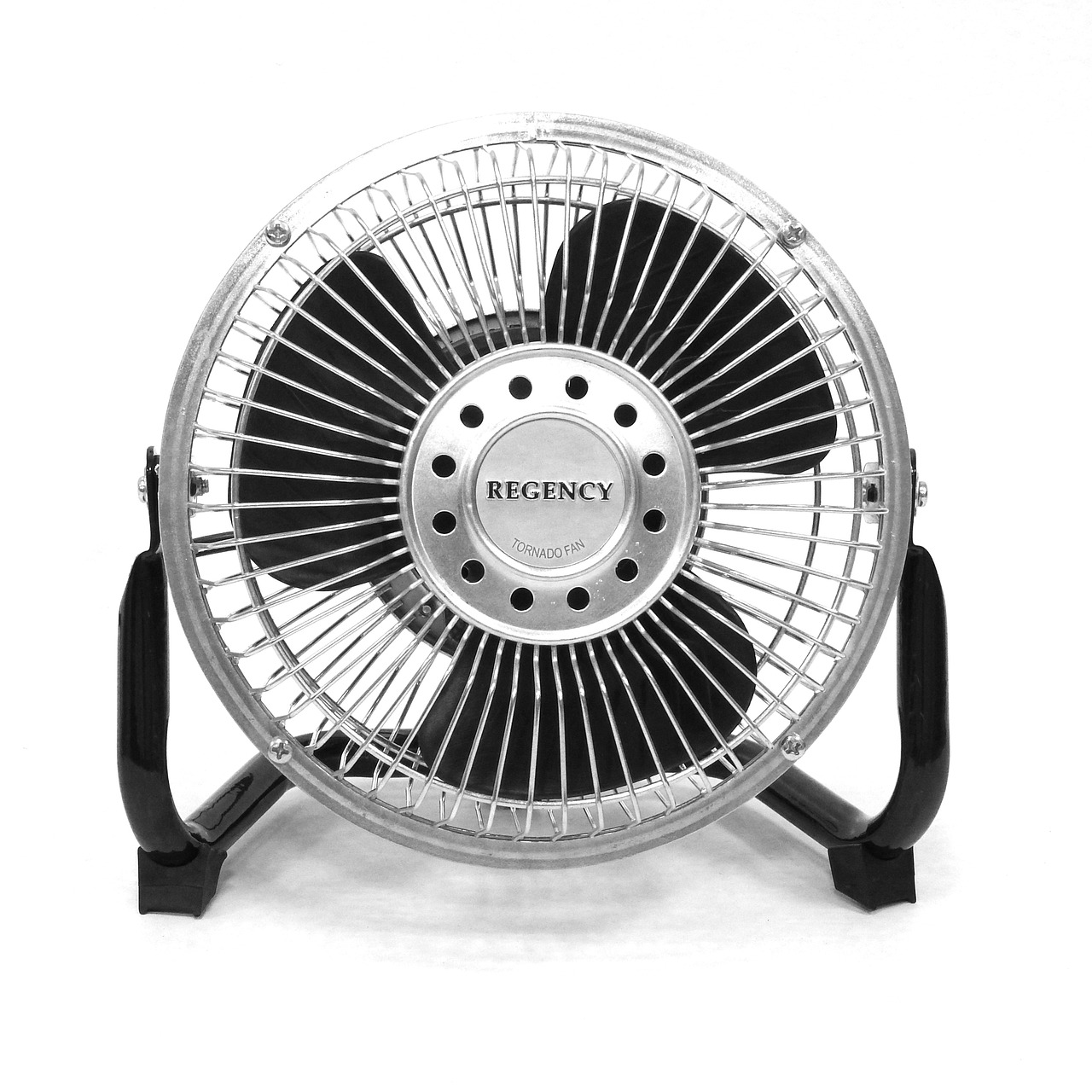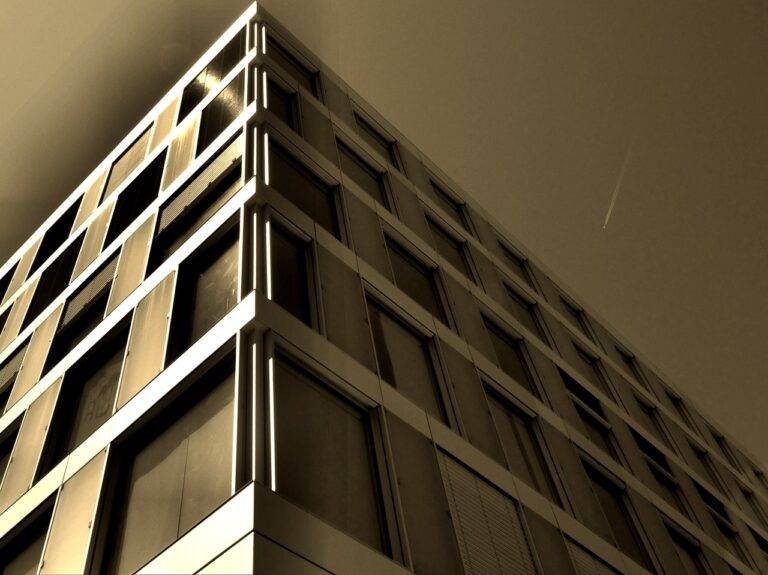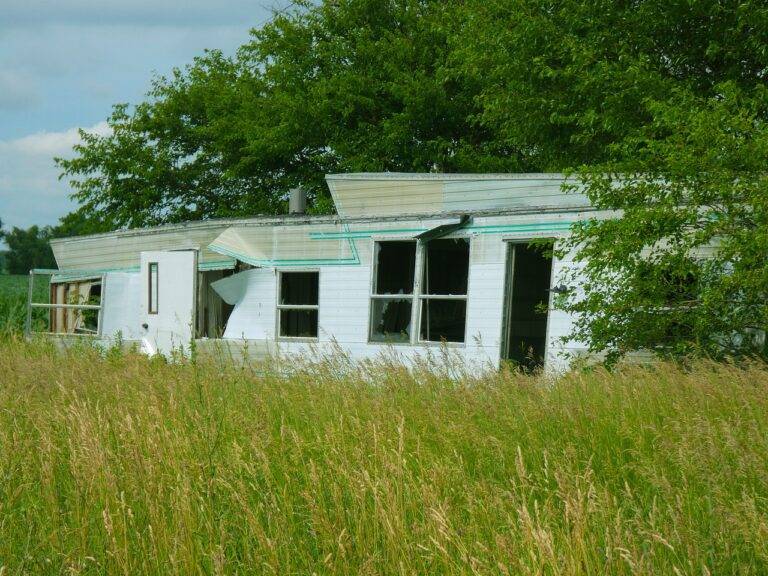Foundation Repair: Pros and Cons of Different Materials
11xplay sign up, king567 create account, skyinplay agent login: Foundation Repair: Pros and Cons of Different Materials
Are you experiencing issues with your homes foundation? Foundation problems can be a homeowners worst nightmare, as they can lead to serious structural issues if left untreated. One crucial aspect of foundation repair is the choice of materials used to fix the problem. In this article, we will explore the pros and cons of different materials commonly used in foundation repair to help you make an informed decision.
Concrete
Concrete is one of the most commonly used materials in foundation repair. It is durable, long-lasting, and readily available. Concrete is a versatile material that can be used for a variety of foundation repair projects, from minor crack repairs to major structural reinforcement.
Pros:
– Durable and long-lasting
– Versatile
– Readily available
– Provides excellent structural support
Cons:
– Can be expensive
– Requires professional installation
– Prone to cracking over time
Steel Piers
Steel piers are another popular choice for foundation repair. These are steel beams that are driven into the ground to support the foundation. Steel piers are known for their strength and stability, making them an excellent choice for fixing foundation settlement issues.
Pros:
– Strong and stable
– Effective for fixing foundation settlement
– Long-lasting
– Minimal disruption to landscaping
Cons:
– Expensive
– Requires specialized equipment for installation
– May not be suitable for all foundation issues
Helical Piers
Helical piers are similar to steel piers but have helical blades that are twisted into the ground to provide support. These piers are a great option for areas with weak soil or where traditional foundation repair methods may not be effective.
Pros:
– Good for weak soil conditions
– Provides excellent support
– Minimal disruption during installation
– Can be installed in tight spaces
Cons:
– Can be expensive
– Requires professional installation
– May not be suitable for all foundation issues
Foam Injection
Foam injection is a relatively new method of foundation repair that involves injecting expanding foam into the soil beneath the foundation to lift and stabilize it. This method is cost-effective and minimally invasive, making it a popular choice for many homeowners.
Pros:
– Cost-effective
– Minimally invasive
– Quick installation process
– Can be used for a variety of foundation issues
Cons:
– May not provide long-term stability
– Not suitable for all foundation problems
– Limited by soil conditions
Brick and Mortar
Brick and mortar are traditional materials used in foundation repair. While they may not be as popular as other methods, they can still be effective for minor repairs, such as filling in cracks or replacing damaged bricks.
Pros:
– Affordable
– Easy to work with
– Can be used for minor repairs
Cons:
– Not as durable as other materials
– Limited structural support
– May require frequent maintenance
Stone
Stone is another traditional material that can be used in foundation repair. Stone foundations are known for their strength and durability, making them a great choice for historic homes or buildings.
Pros:
– Strong and durable
– Adds character to a home
– Good for historic properties
Cons:
– Expensive
– Labor-intensive installation process
– Limited availability
FAQs
1. How do I know if my foundation needs repair?
Signs of foundation issues include cracks in walls or floors, uneven floors, doors or windows that stick, and gaps around windows or doors.
2. How much does foundation repair cost?
The cost of foundation repair can vary depending on the extent of the damage and the materials used. It is best to consult with a professional for an accurate estimate.
3. How long does foundation repair take?
The duration of foundation repair will depend on the extent of the damage and the chosen repair method. Some repairs can be completed in a few days, while others may take longer.
4. Can I repair my foundation myself?
While there are DIY foundation repair kits available, it is recommended to hire a professional for more complex foundation issues to ensure the job is done correctly and safely.
5. How can I prevent foundation problems?
Regular maintenance of your home, such as keeping gutters clean, maintaining proper drainage, and inspecting for signs of foundation issues, can help prevent problems from occurring.
6. What should I look for in a foundation repair contractor?
When choosing a foundation repair contractor, look for a company with experience, good reviews, proper licensing and insurance, and a warranty on their work.
In conclusion, when it comes to foundation repair, choosing the right materials is crucial for the long-term stability and integrity of your home. Consider the pros and cons of each material carefully and consult with a professional to determine the best solution for your specific foundation issues. Dont wait until its too late address foundation problems promptly to prevent further damage to your home.







